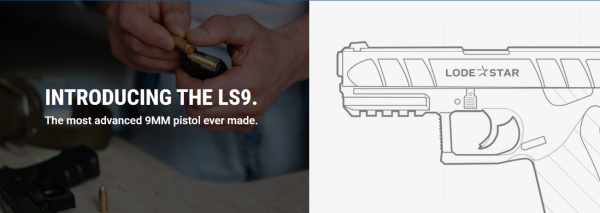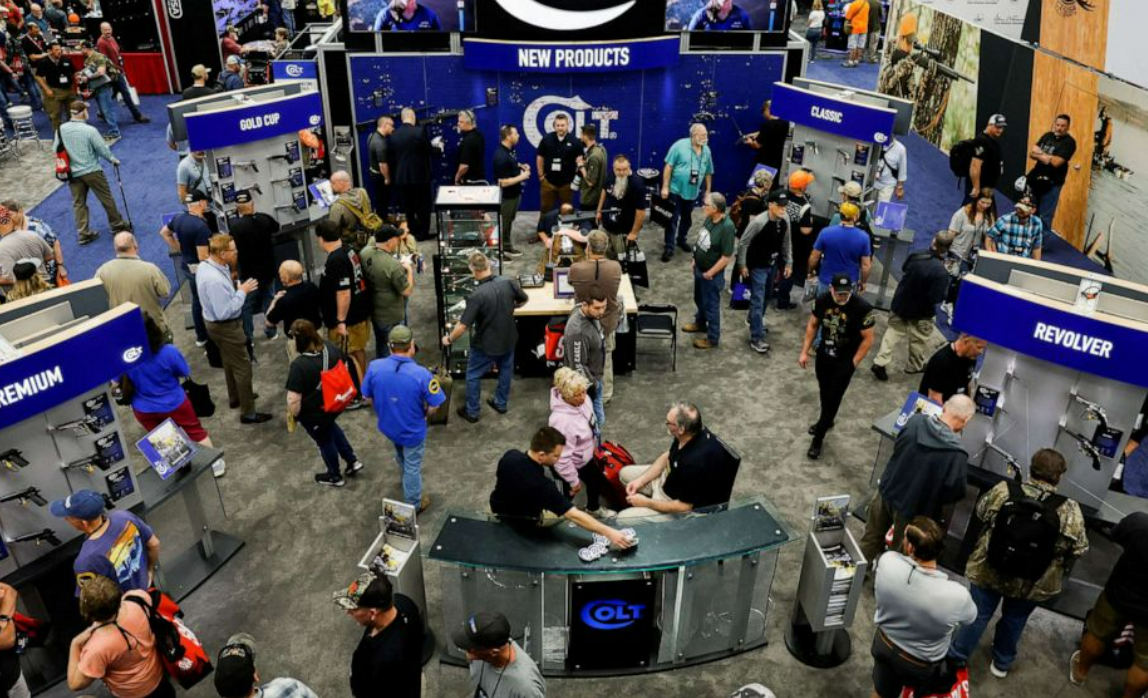
It was not that long ago that we wrote about smart guns and how they fell off the map entirely, well they are now back and it seems as if only to spite our speculation.
Two companies in the US have been working on smart guns for a while now, SmartGunz and LodeStar Works. Both of these companies were recently interviewed about their works by Reuters and there are some interesting takeaways about the work that they are doing.
In the interview with Reuters; SmartGunz, which is based in Kansas, revealed that law enforcement agencies are beta testing their products although not a lot of details were revealed about this beta testing.
The bigger company that Reuters interviewed, LodeStar Works, is further along in the development of a consumer product but many criticisms of smart gun technology still fly in the face of their design.
LodeStar Works has produced a 9mm handgun that contains a variety of high-tech features including a built-in RFID token, a grip sensor, a Picatinny rail with an integrated power source, and Bluetooth capabilities. Many of these features are designed to prevent the firearm from being used by an unauthorized user. The Bluetooth capabilities of the firearms have been paired with an app the company is releasing, this will allow you to manipulate certain settings from your smartphone.
LodeStar Works intends to release this 9mm handgun in the near future and it is alleged to come into the market with an $895 price tag.
Reuters presented this story as a look into the upcoming trends for the arms industry but they do acknowledge that the big players in the space have no interest in smart guns.
A few years ago Ruger looked into making a smart gun and it revealed that its customers were just not interested in buying such a product, as a result, it canned the idea(as far as we know). Smith and Wesson was also a potential player in this market at one point, this fell apart though as the company also found that consumers didn’t want the product and the technology was not reliable enough for use in this manner.
A German company also created a smart gun not that long ago, but the product failed after someone defeated the smart lock with a low-end magnet and could prevent the firearm from firing with radio waves.
It has been a few years and technology tends to advance rather quickly so maybe these smart guns won’t be as terrible as the last iteration. For the sake of 2A, it would be smart to bet against this new technology. As soon as this technology is viable, expect to see a litany of legislation about turning every firearm into a so-called smart gun. Stay vigilant my friends.



